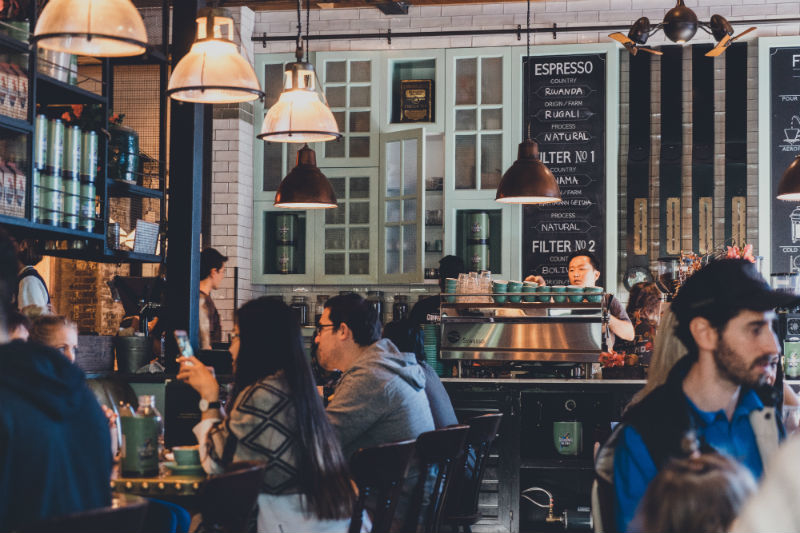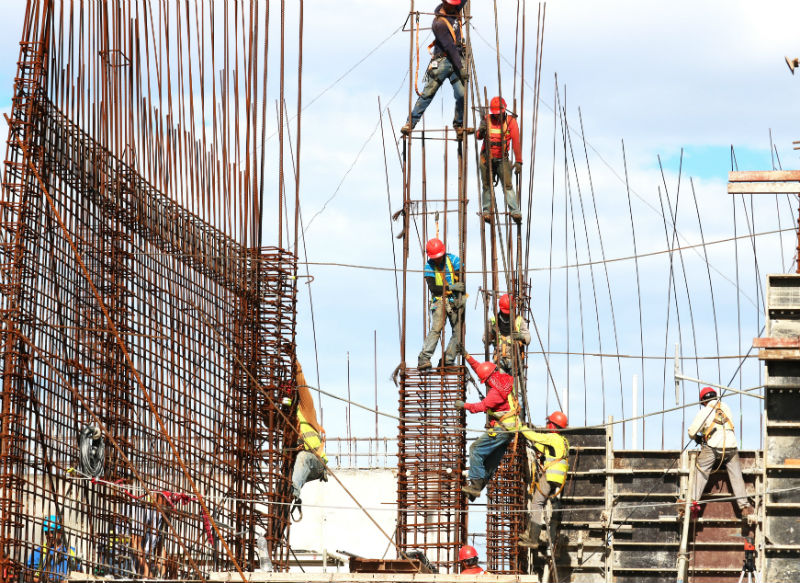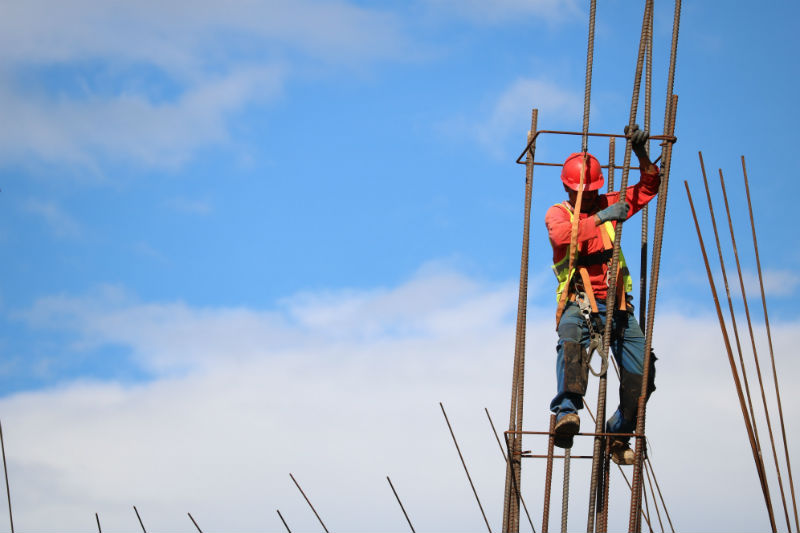
Owning a business certainly comes with a number of risks. Will I turn a profit? Will I pay-off the start-up costs? Will my business still be relevant in 10 years? While these uncertainties definitely have merit, what is often-times overlooked is the legal risk associated with company ownership and responsibility. This is especially true for restaurant owners.
Truthfully, restaurant ownership is a legally vulnerable position. Firstly, the restaurant setting is fast-paced and hectic. In other words, it’s inherently prone to accidents and mishaps. Some restaurants see tens-of-thousands of customers each year. Unfortunately, it takes one accident (say, a slip on wet-floors or particularly bad food poising) to file a lawsuit. Secondly, not only are owners susceptible to claims from patrons, they are legally liable for their employees as well.
This dual accountability—customer safety and worker responsibility—renders restaurant owners particularly susceptible to lawsuits. While some lawsuits are well-substantiated and warranted, many are rather petty. Unfortunately, even when claims against your restaurant are spurious, they are extremely poor for business and publicity. Conversely, claims made against your establishment that are upheld in court can cost thousands of dollars.
For these reasons, it’s important to have a fundamental understanding of the legal risks associated with restaurant ownership, and a basic idea of how to handle legal claims should they arise. Here are five common reasons why restaurant owners get sued, and a few tips to avoid such a catastrophe.
Get Legal Help For Your Restaurant
1. Employment and Wage & Hour Lawsuits
Restaurant owners must navigate a complex web of laws and regulations affecting the employment relationship. Most restaurant owners are shocked at the level of specificity regulations go into when evaluating the legality of paying hourly employees. As such, having an up to date and legally compliant employee handbook is a must for any restaurant.
For example, owners should be wary of “service charges” that are charged in lieu of voluntary tips because such charges may have adverse tax or legal consequences for staff and management.
Additionally, although restaurant employees are normally paid per hour, shifts in the food industry many-times don’t depend on what the clock says, but rather how busy the establishment happens to be. Restaurant owners should be careful to establish procedures to address when and how staff are paid for needing to spend extra time on the clock, something that can vary based on local and regulations.
Another unique aspect of labor law that affects restaurant owners is the oddly complex regulations concerning tips. Just over the past couple of years, tip-pools have undergone many transformations concerning what is a permissible distribution between staff and what staff members may even share in the pool once established.
Employee classification is another potential issue for unwary restaurant owners. Thus, knowing the difference between an employee and an independent contractor is a must – and can save a restaurant from a costly misclassification class action.
2. “Dram Shop” Laws
Depending on where your restaurant is, you could be liable for overserving alcohol if a patron gets in a drunk driving accident. These laws are called “Dram Shop” laws and vary state-by-state (and in some instances, county-by-county).
These laws set forth the consequences for selling alcohol to visibly intoxicated or under-age individuals, as well as prescribe the consequences for injuries to innocent bystanders that result from a patron’s intoxication.
As an owner, it’s important to note that some of these laws can extend beyond the confines of your property, and actually render you personally responsible for patrons driving under the influence as well.
Since these laws vary so drastically from state to state, you should consult an attorney about how you can protect your business from lawsuits stemming from overserving.
Get Legal Help For Your Restaurant
3. Premises Liability Claims (Slip-and-Falls)
Premises lability cases—also known as slip-and-falls—are the most common reason why restaurant owners find themselves in legal trouble. A slip and fall is a type of personal injury claim that an individual can file if they slip, trip, or fall on the premises of another and, as a result, suffer an injury. Importantly, the fall must be a result of the property owner’s carelessness or negligence.
The restaurant setting is particularly conducive to slipping mishaps, partly because of the fast-pace that we discussed earlier, but also because they regularly deal with cooking oils, spilt drinks, and leakage from sinks or dishwashers.
In-fact, a 2016 report published in QSR found that 60% of Workers’ Compensation claims involve fryer oil, and that half of slip-and-fall incidents occur near sinks or fryer vats. Remember, owners are vulnerable to legal action from both patrons and employees; many slip-and-fall cases are actually filed by restaurant workers.
A cautious owner will keep this in-mind and ensure their kitchen floors are regularly monitored and free of hazardous slicks. Likewise, torn carpeting, icy steps, inadequate lighting, cracked walkways, and instable chairs are other potentially dangerous situations that must be accounted for.
Any one of these hazards can lead to injury to a patron or employee, as well as severe financial and legal consequences for the restaurant.
4. Health Code Violations
The last reason worth mentioning concerns the violation of health-safety standards. Truthfully, restaurants that fail to comply with federal or state codes aren’t necessarily sued, however their business can certainly be shut-down and license revoked.
In some instances, non-compliance with health-safety standards can lead to a lawsuit if the violations result in injury, illness, or death to a patron or employee. Likewise, because the standards for restaurants and other establishments tend to change rather quickly, it’s important for owners to be aware of the latest revisions and remain in compliance.
Get Legal Help For Your Restaurant
5. Claims Related to Food-Bourne Illnesses
One of the more obvious liabilities for restaurant owners relates to food and drink contaminates. People tend to think that lawsuits related to food-borne illnesses are among the top legal threats for restaurant owners.
Although these claims certainly do occur, they aren’t particularly common. This is largely because food poisoning and other consumption-related illnesses usually aren’t severe enough to cause traumatic suffering, life-long debilitations, or death (although this, unfortunately, isn’t always true).
Nonetheless, hundreds of restaurant owners are taken to court each year because of food- or drink-borne illnesses allegedly stemming from their establishments. It’s wise to have menu items clearly labeled (for instance, with allergen information or warnings regarding raw/uncooked meat), and to ensure you’re in-compliance with health-safety regulations.
 March 15, 2019
March 15, 2019

